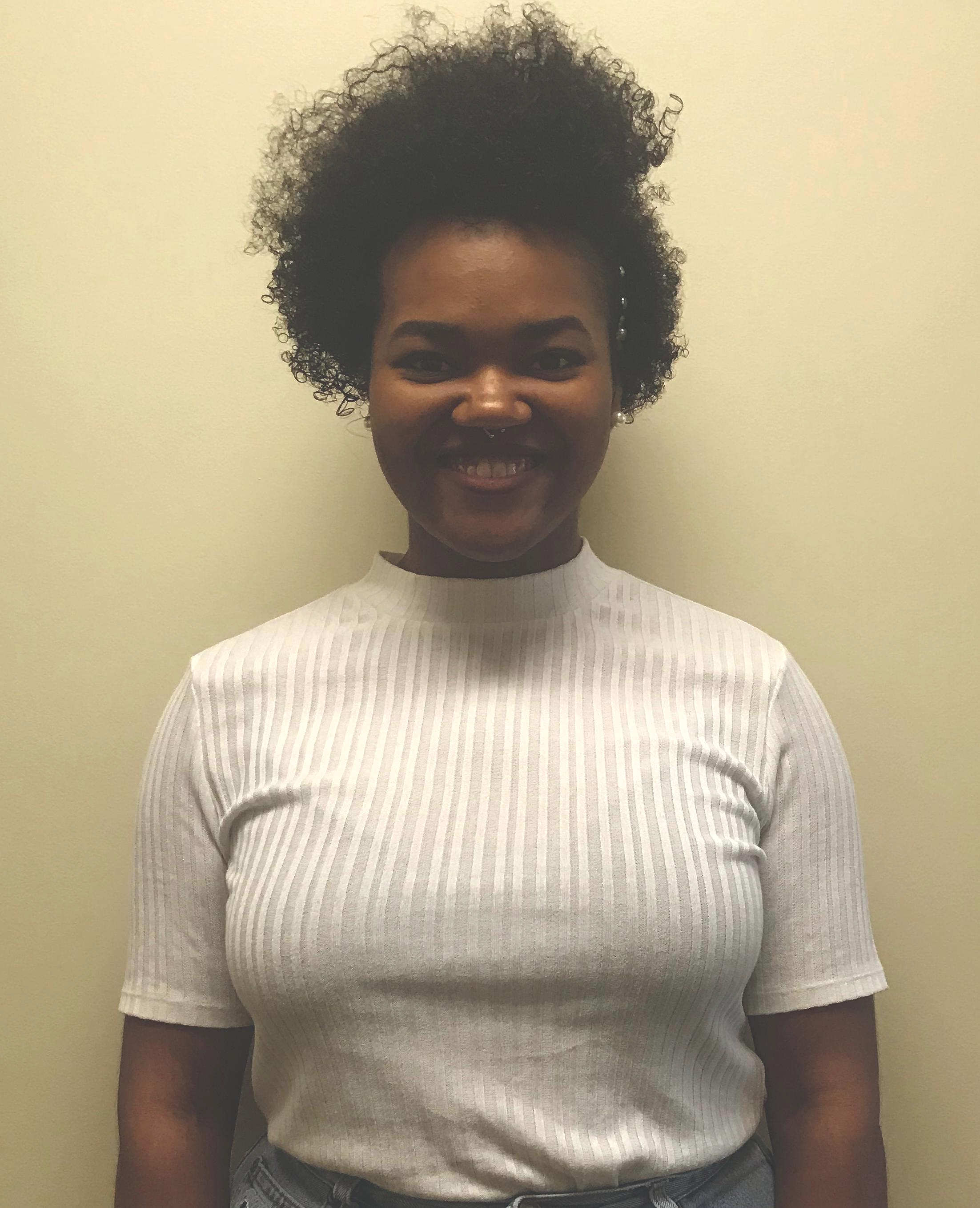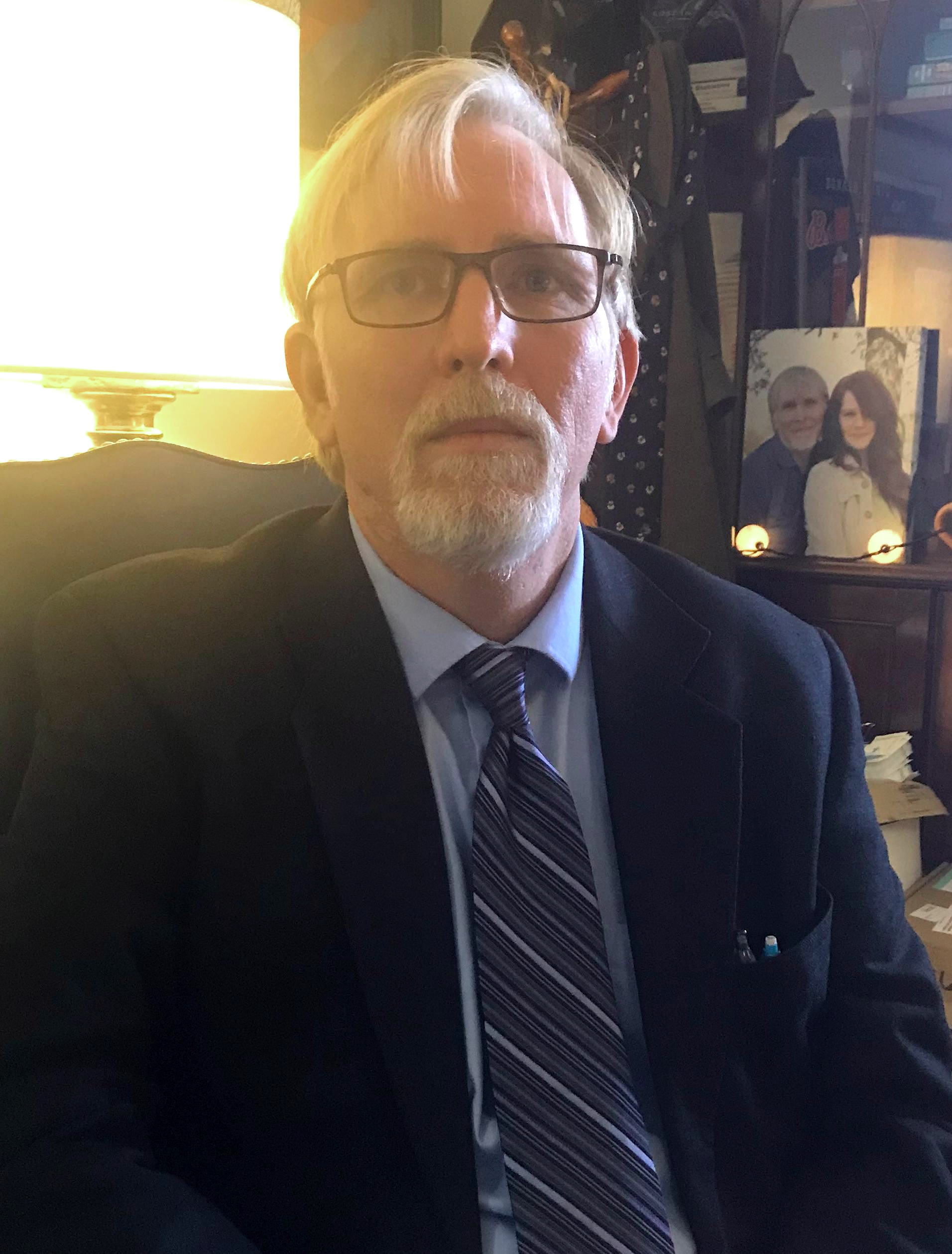We asked UAB students and faculty their thoughts on the recent campus white supremacy controversy.
Allison Brown
Senior Staff Reporter
browna17@uab.edu

“I’m all for changing, and I hope every white supremacist on campus jumps ship from their violent ideology of hatred. I don’t want one guy’s apology to serve as a cover for the bigger issue. One of the things that I’ve noticed through the very few emails that UAB administration has sent out about the issue, they always highlight the role of “civil debate.” We can agree that white supremacists’ideology would see people of color, ethnic minorities, religious minority and LGBTQ folks, dead. Their lives are not up for “civil debate.” I don’t know him, so none of us can really say [if he has changed].”
– Joshua (Brady) Thomas, a sophomore majoring in political science

“I think people can change on stuff like that. In this specific article that I was reading about it, I thought it was a little tasteless for a former racist guy to just start quoting Martin Luther King at people. But at the same time, I think it’s possible. A lot of people get drawn into that stuff because they feel alienated or persecuted. I still think it’s possible for them to realize the error of their ways at some point, though, and kind of come back to human society.”
– Ryan Michaels, a junior majoring in communication

“No. To me, that sounds like white fragility and being scared that a mass of people will come after you because of your ideals. It doesn’t seem like he actually feels that way. [People] want to believe in something that makes you feel empowered, but at the end of the day, the only reason you believe in those things is because you’re scared. You’re scared that minorities are taking over the country, you’re scared that people of color or people with different sexual identities are now becoming the majorities. That’s the reason you believe in what you believe in. So, when those people find out and want to attack you, then you want to hide and say, ‘I don’t believe in those things anymore. I’m not racist.’ Yes, you are.”
– Brianna Madry, a junior majoring in communication

“Think back to you in high school, the things that you believed back then are probably not the things that you believe now. Why did you believe them? Because it’s norm, right? Conformity. Other people believe it,so it must be what is accurate or what I should believe.
In order for you to hold such an extreme view and sort of fight against normative influence, the fact that everybody else is in a different place than you, it takes work. Mental work, sometimes physical work, looking up information that supports your view, but you have to have a way to sort of continue that point of view if it’s against the social norm.
Can people change? Absolutely. Otherwise there would be no hope for anybody. People can change. Otherwise, why would we have therapy? That being said, it doesn’t mean it’s easy [to change].
–John Eric Gampher, Ph.D. Assistant Professor in the Department of Psychology with a focus on conscious vs. unconscious processing and philosophy of mind.
